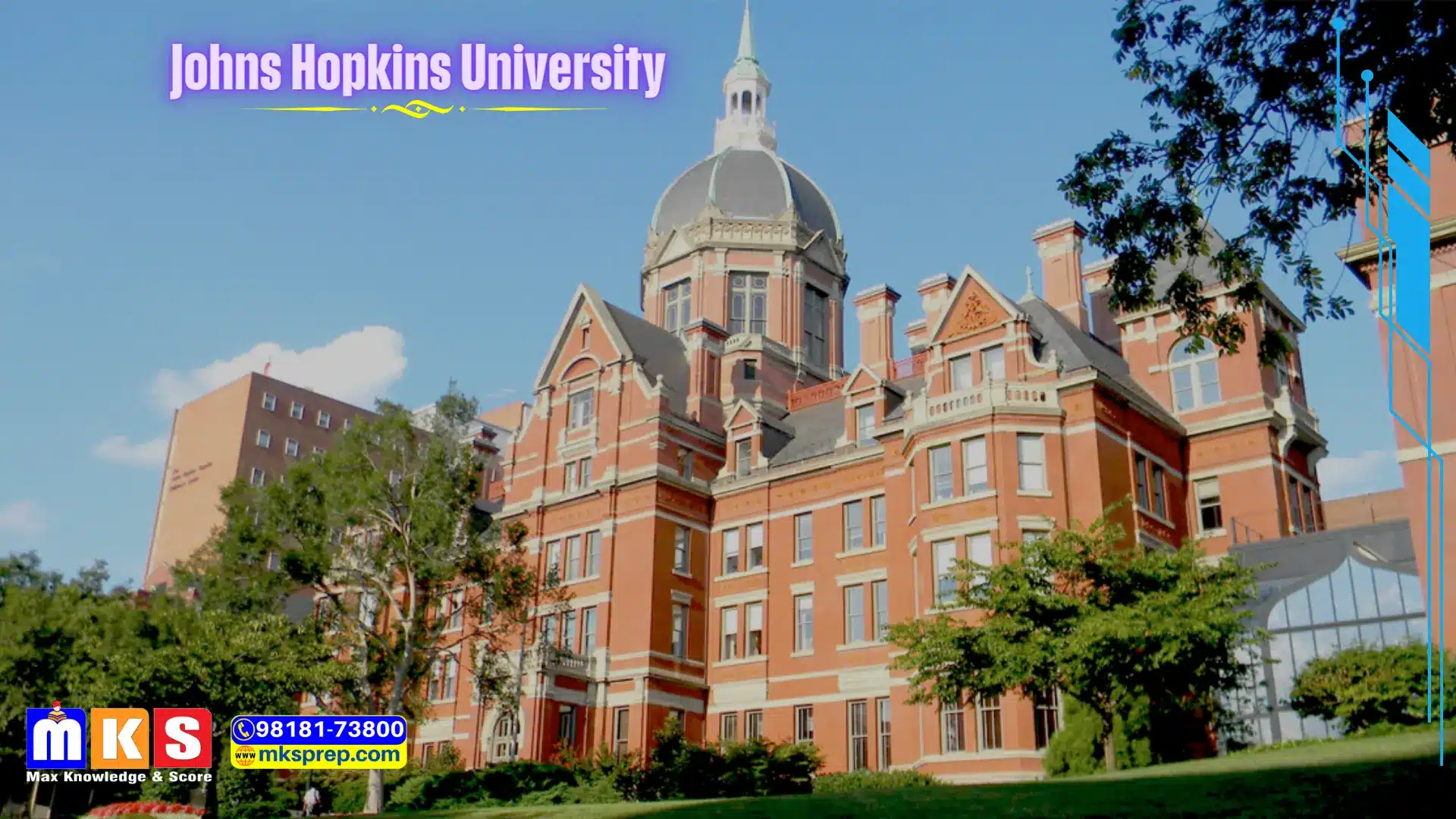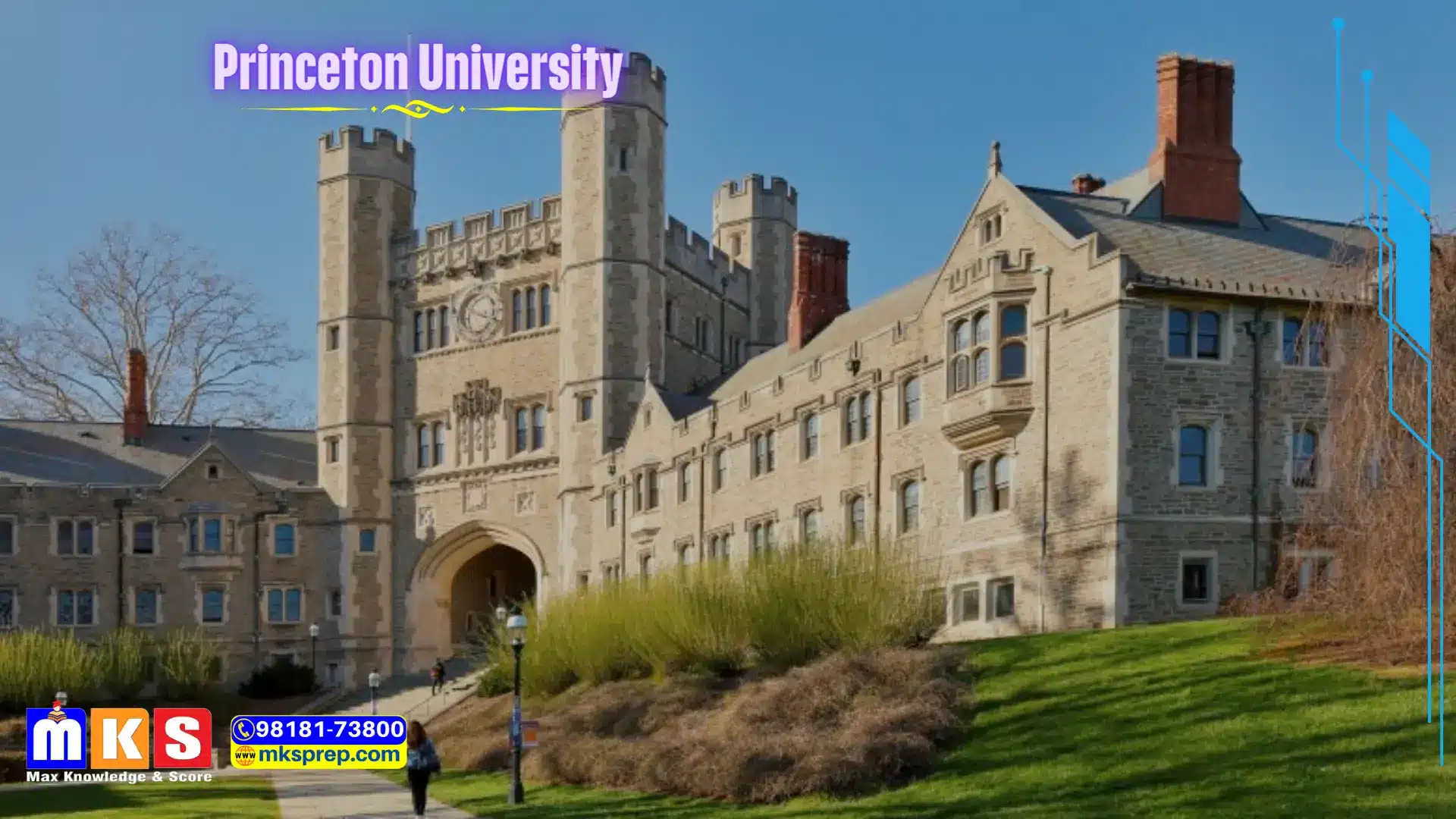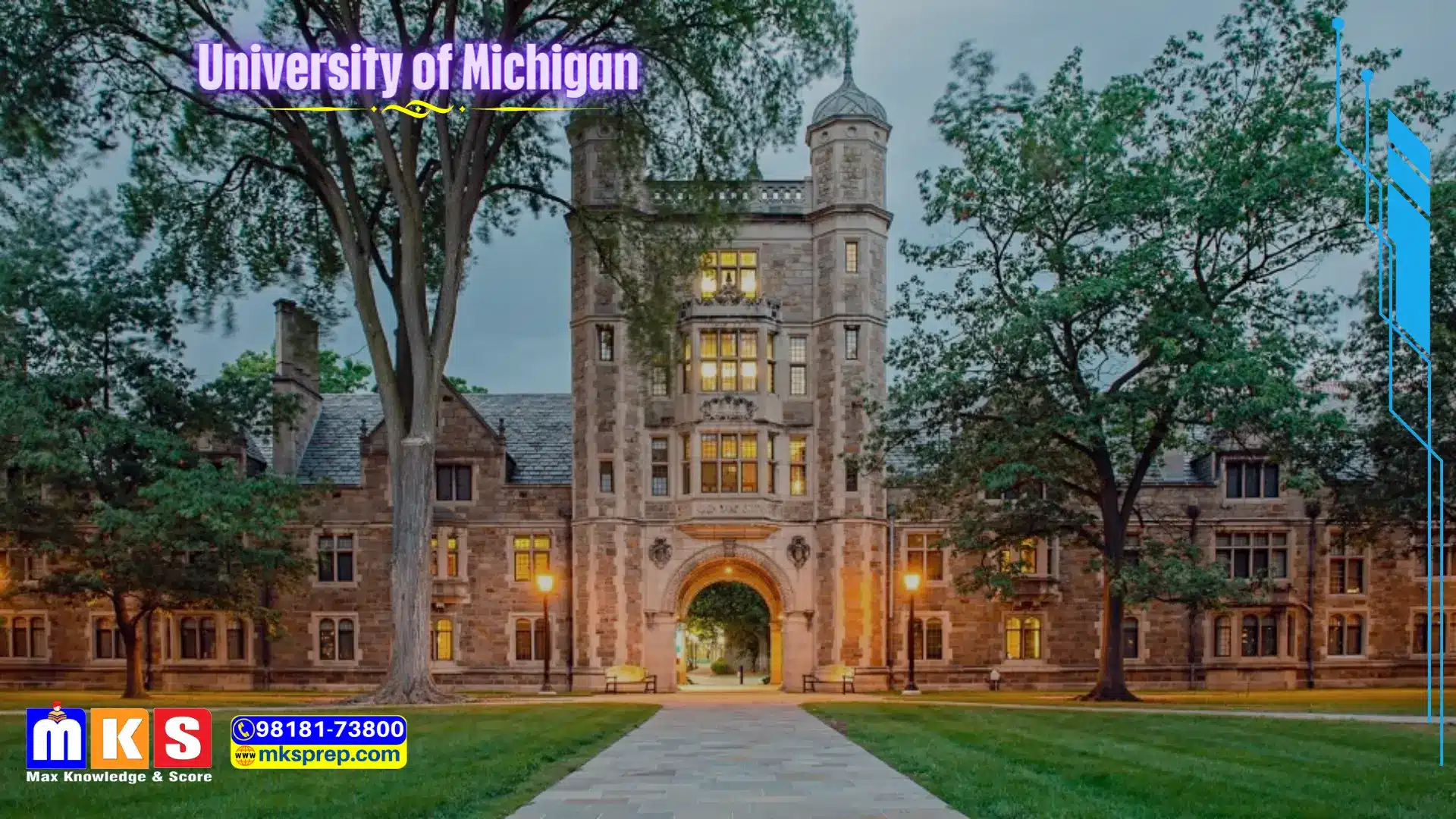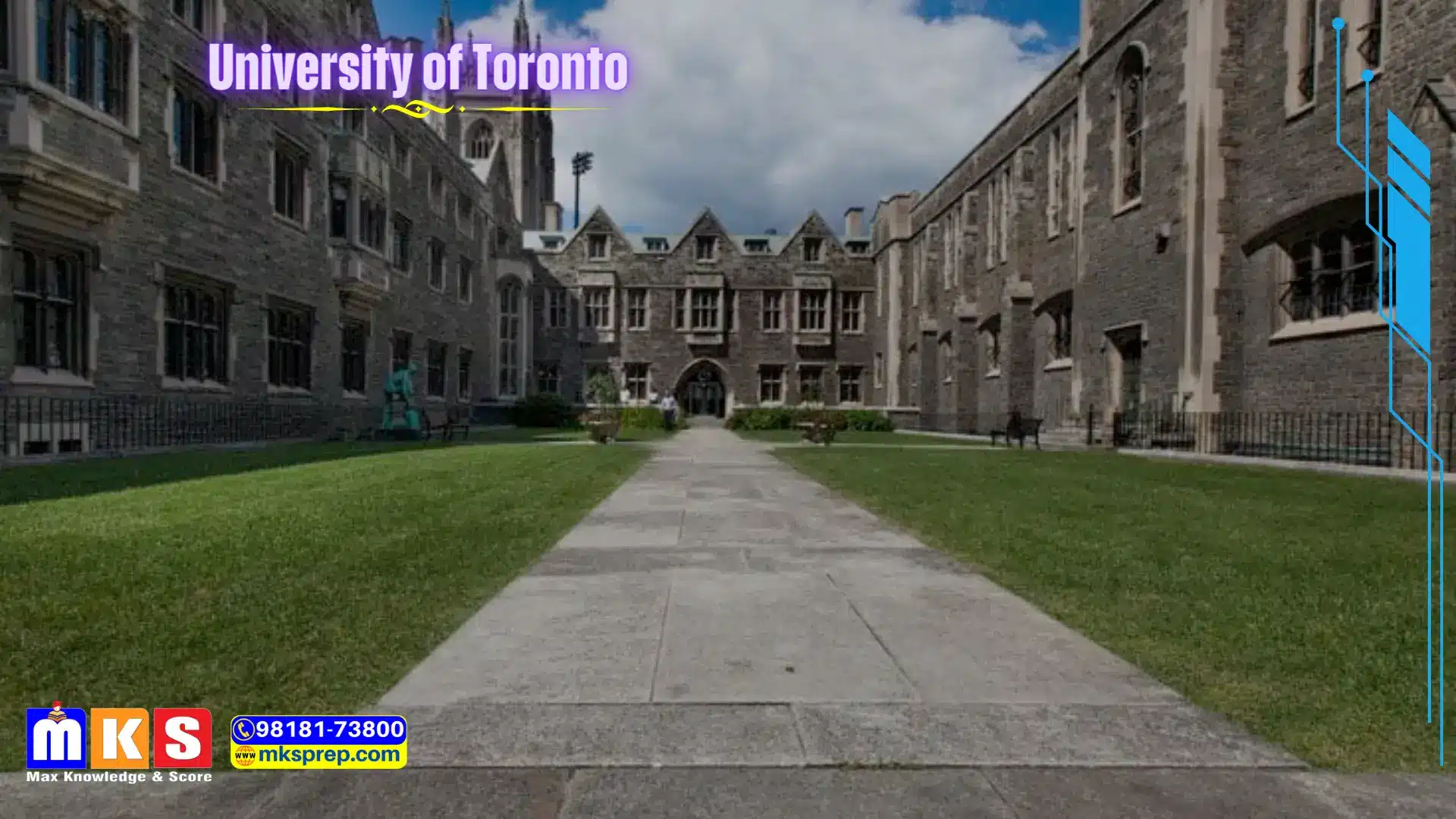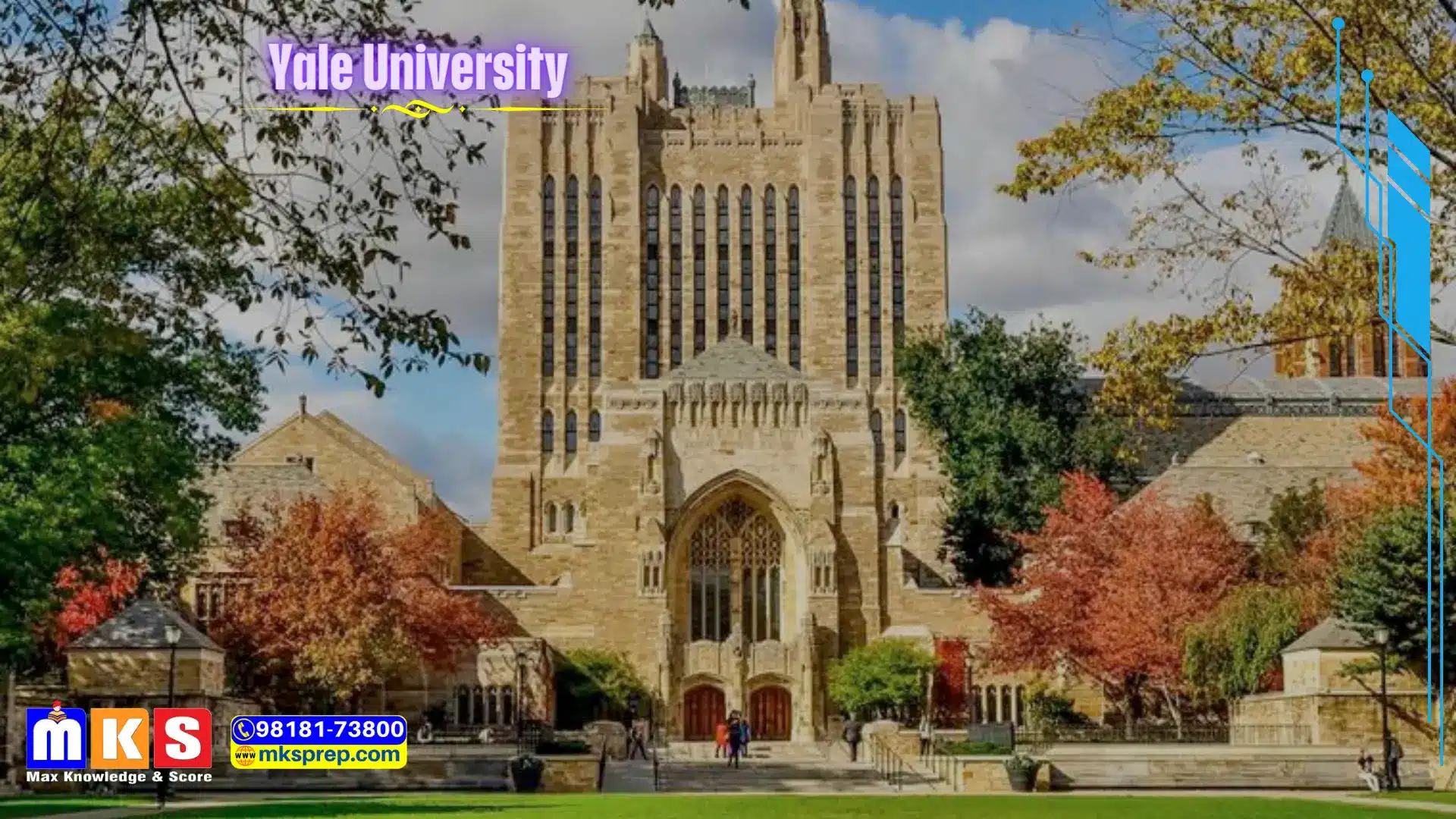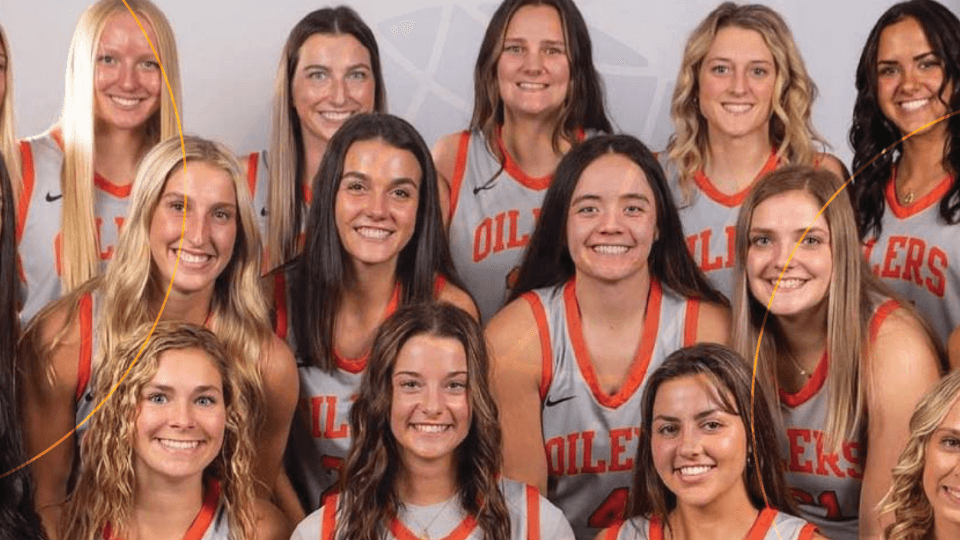
Massachusetts Institute of Technology
Address
[ratemypost]
If you are interested in studying at this college, please fill out the form. Our counselor will reach out to you soon.
Explore more options
Share on social media.
Massachusetts Institute of Technology (MIT): Shaping the Future of Education and Research
Overview:
- Founded in 1861, MIT is a renowned institution in Cambridge, Massachusetts, near Boston.
- Approximately 11,000 students attend MIT, with a significant majority pursuing graduate-level studies.
Academic Structure:
- MIT comprises five schools: architecture and planning, engineering, humanities, arts and social sciences, management, and science.
- English is the language of instruction at MIT.
Academic Calendar:
- Operates on a 4-1-4 system with a unique four-week “Independent Activities Period” in January.
- Various forums, lecture series, recitals, and special activities are organized during this period.
Student Housing:
- First-year undergraduate students are required to live on campus.
- Many students in advanced studies also choose to reside on campus.
Research Opportunities:
- There are abundant opportunities for students to gain research experience at MIT’s numerous labs and centers.
- MIT Nuclear Reactor Laboratory is one of the most giant university research reactors in the U.S.
- The Undergraduate Research Opportunities Program involves nearly 90% of MIT undergraduates in research projects.
Research Funding:
- Over $675 million was spent on research at MIT in a recent year.
- Additional federal funding goes to MIT’s Lincoln Laboratory, focusing on technological solutions to national security issues.
University Data (as of the latest available information):
- Total Students: 11,415
- International students: 3,779
- Academic staff: 1,392
- International staff: 538
- Undergraduate degrees awarded: 1,102
- Master’s degrees awarded: 1,828
- Doctoral degrees awarded: 584
Massachusetts Institute of Technology (MIT): Global Recognition and Subject Rankings
Global Universities Rankings:
- #2 in Best Global Universities, reflecting MIT’s worldwide academic excellence.
Subject Rankings:
- #22 in Artificial Intelligence.
- #19 in Arts and Humanities.
- #2 in Biology and Biochemistry.
- #2 in Biotechnology and Applied Microbiology.
- #97 in Cardiac and Cardiovascular Systems (tie).
- #2 in Cell Biology.
- #30 in Chemical Engineering.
- #6 in Chemistry.
- #52 in Civil Engineering.
- #22 in Clinical Medicine.
- #3 in Computer Science.
- #13 in Condensed Matter Physics.
- #2 in Economics and Business.
- #38 in Electrical and Electronic Engineering.
- #80 in Endocrinology and Metabolism (tie).
- #4 in Energy and Fuels.
- #4 in Engineering.
- #35 in Environment/Ecology.
- #19 in Geosciences (link).
- #2 in Immunology.
- #107 in Infectious Diseases (tie).
- #5 in Materials Science.
- #2 in Mathematics.
- #52 in Mechanical Engineering (link).
- #30 in Meteorology and Atmospheric Sciences.
- #2 in Microbiology.
- #2 in Molecular Biology and Genetics.
- #20 in Nanoscience and Nanotechnology.
- #3 in Neuroscience and Behavior.
- #15 in Oncology.
- #4 in Optics.
- #16 in Pharmacology and Toxicology.
- #18 in Physical Chemistry (tie).
- #1 in Physics.
- #32 in Polymer Science.
- #15 in Psychiatry/Psychology.
- #129 in Public, Environmental, and Occupational Health.
- #70 in Radiology, Nuclear Medicine, and Medical Imaging.
- #16 in Social Sciences and Public Health.
- #8 in Space Science.
- #70 in Water Resources (tie).
MIT’s consistent top rankings across various subjects underscore its commitment to academic excellence, research, and innovation. MIT continues to shape the education landscape as a global leader and contributes significantly to diverse fields.
Frequently Asked Questions (FAQs) about the Massachusetts Institute of Technology (MIT)
These FAQs cover MIT’s founding, location, academic structure, housing, research opportunities, and global rankings.




























